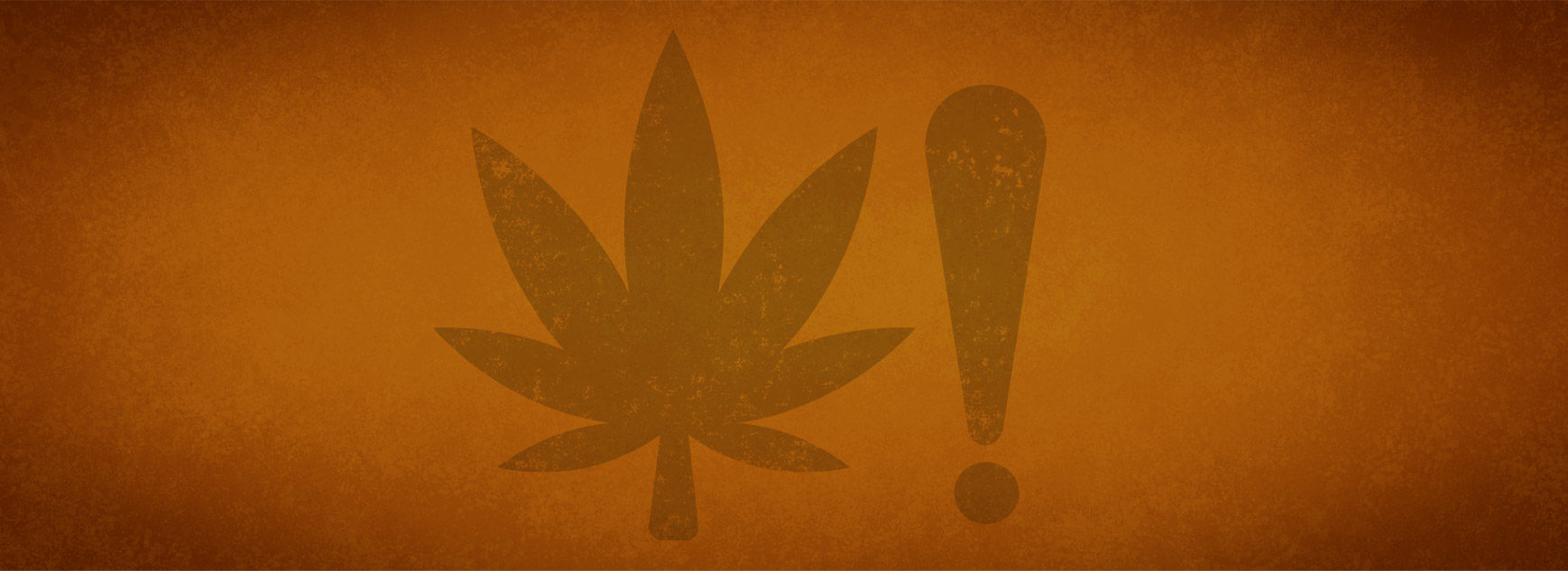The truth is, these facts should cause us some concern, if only because the marijuana of today has a higher THC content that is more than 15% stronger than marijuana produced in the 1980s. This 15% increase puts teens today at higher risk for addiction, lower IQ, psychosis, withdrawal, anxiety and depression, memory loss, and impaired brain development.
Addiction
Heavy marijuana use can lead to a disorder called, quite simply, “marijuana use disorder.” According to data from the National Institute on Drug Abuse, more than 30% of people who use marijuana have some degree of marijuana use disorder, and people who begin using marijuana before the age of 18 are 4 times more likely than adults to develop marijuana use disorder. This means, ultimately, there is a greater chance for teens to become dependent, if not fully addicted.
Lower IQ
In 2019, Madeline Meier presented her research on the long-term effects of marijuana use, particularly on IQ. Her team found that occasional, low-level use did not have any significant effect on IQ; only heavy users showed a drop in IQ points. In fact, those who started using marijuana in their teens lost eight IQ points.
Psychosis
Marijuana use is linked to 50% of the cases of psychosis and schizophrenia, according to recent data. Dr. Thorsten Rudroff, a neurologist, linked THC to the part of the brain that is responsible for hallucinations and psychosis. Ultimately, the higher THC content in today’s marijuana means a greater possibility that today’s users – teens particularly – will have a psychotic break with reality.
Withdrawal
People who use marijuana every day or nearly every day are more likely to experience painful withdrawal symptoms. In fact, the latest Diagnostic and Statistical Manual of Mental Disorder of the American Psychiatric Association now has diagnostic criteria for cannabis withdrawal. These include: feelings of anger, irritability, and/or aggressiveness; insomnia, very disturbing dreams, and even nightmares; decrease in appetite; feelings of restlessness; and feelings of depression. Physical symptoms will include headache, fever, chills, stomach pain, sweatiness, and shakiness — and for teens, these symptoms are even more pronounced.
Depression
Researchers are continuing to draw connections between marijuana use and depression in teens. In 2019, Gabriella Gobbi and her team of researchers concluded that marijuana use as a teen increases the likelihood of depression and suicide attempts. THC in marijuana affects the part of the brain that controls mood, and teens are even more susceptible because their brains are still.
Memory Loss
Marijuana use, particularly because of the THC content in today’s marijuana, makes teens susceptible to memory loss. The more often a teen uses marijuana, the more likely they are to experience problems with their memory, both in the short term and long term. In fact, these problems can follow them into their adult years.
Brain Development
A 2021 study by Dr. Matthew Arbaugh and his team of researchers drew a clear negative link between marijuana use and adolescent brain development, especially in those under the age of 19, and particularly in the prefrontal cortex of the brain. According to Dr. Arbaugh – the heavier the marijuana use, the greater the impairment in memory, motor coordination, information processing, problem-solving, communication, and eye movement and control.
Quick links
Featured Event
No events at this time.
Tell us your story
Have you or a loved one overcome a struggle with alcohol, tobacco, or prescription drugs? We want to know! Your story can inspire others to make a positive change in their lives. Your information can stay as private as you’d like. Contact us to share your story anonymously.
